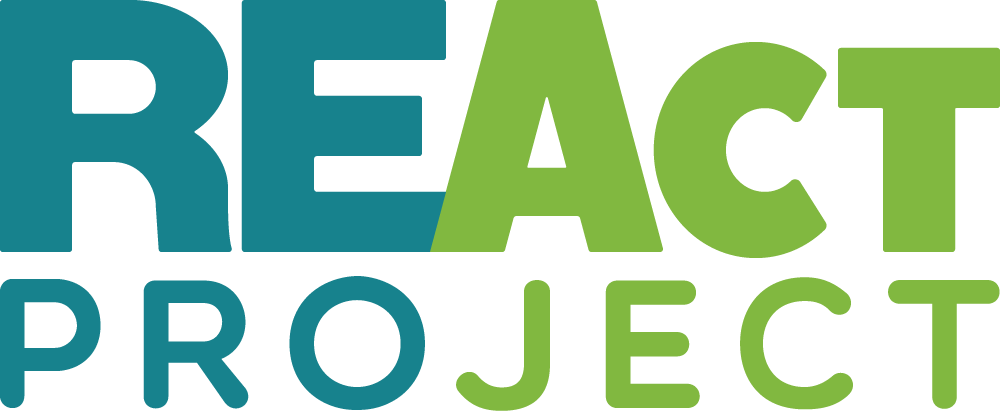
Forced abortion is a serious violation of women’s rights and a form of gender-based violence. This act not only deprives women of control over their bodies and reproductive health but also infringes on their basic rights to self-determination and freedom of choice. Forced abortion is often linked to sociocultural and economic pressures, as well as stereotypes regarding the role of women in society. Viewing forced abortion as a form of gender-based violence emphasizes the need to protect women’s rights to reproductive health and free choice, contributing to a more equal and respectful society.
Sylvia (name changed) discovered her HIV-positive status during pregnancy. A visit to her family doctor turned into an unpleasant experience for her, with medical staff discriminating and stigmatizing her. Instead of support and professional help, she was given incorrect information about HIV infection, which only increased her fear and anxiety.
In addition, she was forcibly sent for an abortion, which was a difficult experience for her. Following this event, the woman was referred to a specialized medical facility for hospitalization and to receive antiretroviral therapy (ART), which is necessary to maintain her health and prevent HIV transmission.
The response to the incident was swift and decisive. The case was referred to a legal expert and an application to the Equality Council was being prepared to punish those responsible and prevent similar situations in the future. However, Sylvia encountered resistance from her spouse and they decided not to pursue the case to a conclusion.
At the moment, the client continues to struggle not only with HIV, but also with the self-stigma caused by the events. She finds support in specialized organizations and works with the help of professionals to overcome her fears and doubts. Her story is a reminder of the importance of tolerance, professionalism and solidarity in the medical field.
As part of the regional campaign “Push forward! To end violence against women and girls”, REAct organized a series of webinars on how to counteract gender-based violence and how to qualitatively help women who come forward. Recordings of webinars in English, Ukrainian, and Russian are available below. In 2023, we encourage new listeners to view the webinar recordings. From November 25, 2023 to January 31, 2024, each participant receives a unique opportunity to take a short test and receive a personalized online certificate.
Visit useful materials on the REAct website for more useful courses and publications. Operative data regarding human rights violations of vulnerable to HIV/AIDS communities are availableis available as well on country data factsheets. Read more success stories of response here.



